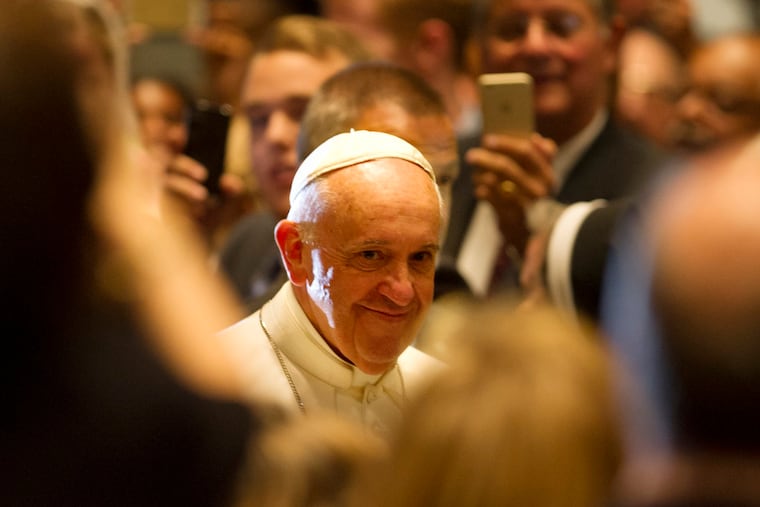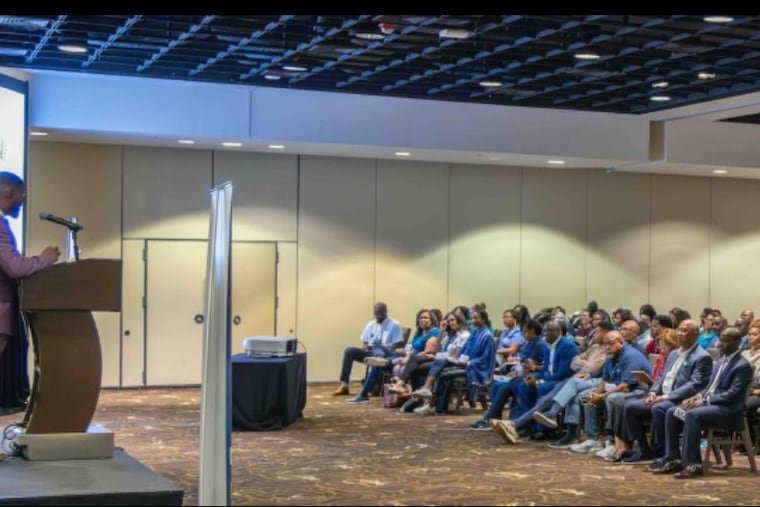Church’s commitment to Pope Francis’ inclusive ‘big tent’ vision remains uncertain as discussions on inclusivity and compassion continue.
In the immediate wake of Pope Francis’s death on Monday, the literary community reflected on his profound impact. Esteemed Mexican American writer Luis Alberto Urrea succinctly encapsulated the sentiment surrounding the pontiff’s legacy, noting that there will not be another figure like him. This observation sparked intense speculation about potential successors to lead the approximately 1.4 billion members of the Roman Catholic Church.
The discourse surrounding the next pope has gained traction across various media outlets, leading to discussions not only about individual candidates but also the legacy of Francis himself. His twelve-year papacy was characterized by a staunch commitment to advocating for the rights and dignity of migrants and refugees, a passion for environmental stewardship, and an unwavering focus on uplifting the impoverished. These values present significant contemplations regarding the future direction of the Catholic Church.
Under Francis’s guidance, the church grappled with pivotal questions about its fundamental purpose: Should it remain clerical or adopt a pastoral approach? Is it possible to be authentic while fostering genuine encounters and unreserved support for its followers? These profound inquiries emerged during a time of considerable change and challenge for the institution.
Pope Francis took the helm of the Catholic Church following the unprecedented resignation of his predecessor, Pope Benedict XVI, in 2013. While Benedict maintained a position of influence as pope emeritus until his death in 2022, Francis’ leadership often drew contrasting responses, with some feeling nostalgic for Benedict’s more traditional approach.
Benedict, as the German-born pope, was known for his rigorous adherence to doctrine, even earning the moniker “God’s Rottweiler” during his tenure leading the Congregation for the Doctrine of the Faith. In sharp contrast, Francis, originally Jorge Mario Bergoglio from Argentina, has been celebrated as the “people’s pope” for his approachable demeanor and focus on social issues rather than strict orthodox views.
As speculation about potential successors proliferates, candidates such as Cardinal Luis Antonio Tagle of the Philippines, seen as progressive and aligned with Francis’s emphasis on environmental concerns, and Cardinal Jean-Marc Aveline of Marseille, reportedly close to the late pope, have emerged as frontrunners. In contrast, several individuals with conservative leaning, including Cardinal Raymond Burke, have also been named as potential contenders, highlighting a possible divergence in the church’s future trajectory.
Overall, the next pope will not just inherit Francis’s legacy, but will also confront pressing challenges such as addressing the persistent divide within the church and carefully navigating the expectations of a rapidly evolving global Catholic population. This complex interplay of continuity and change will be critical as the Catholic Church turns its focus to its future leaders and the ideological paths they may pursue.
The legacy of Pope Francis will undoubtedly resonate in the hearts of many, as he has indelibly shaped the discourse surrounding the values of compassion, inclusivity, and social responsibility within the realm of global Catholicism.







